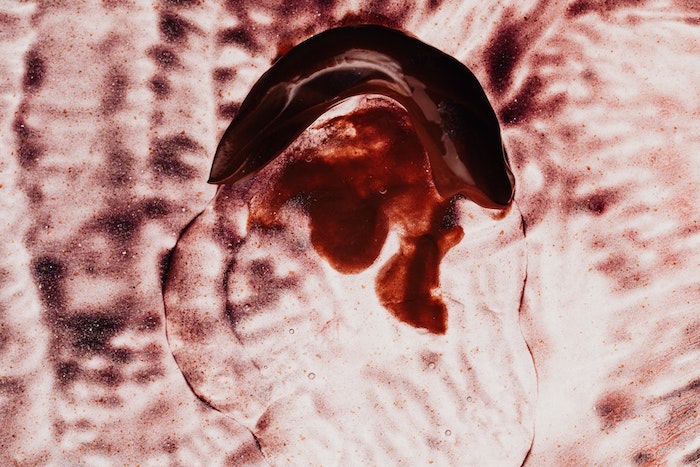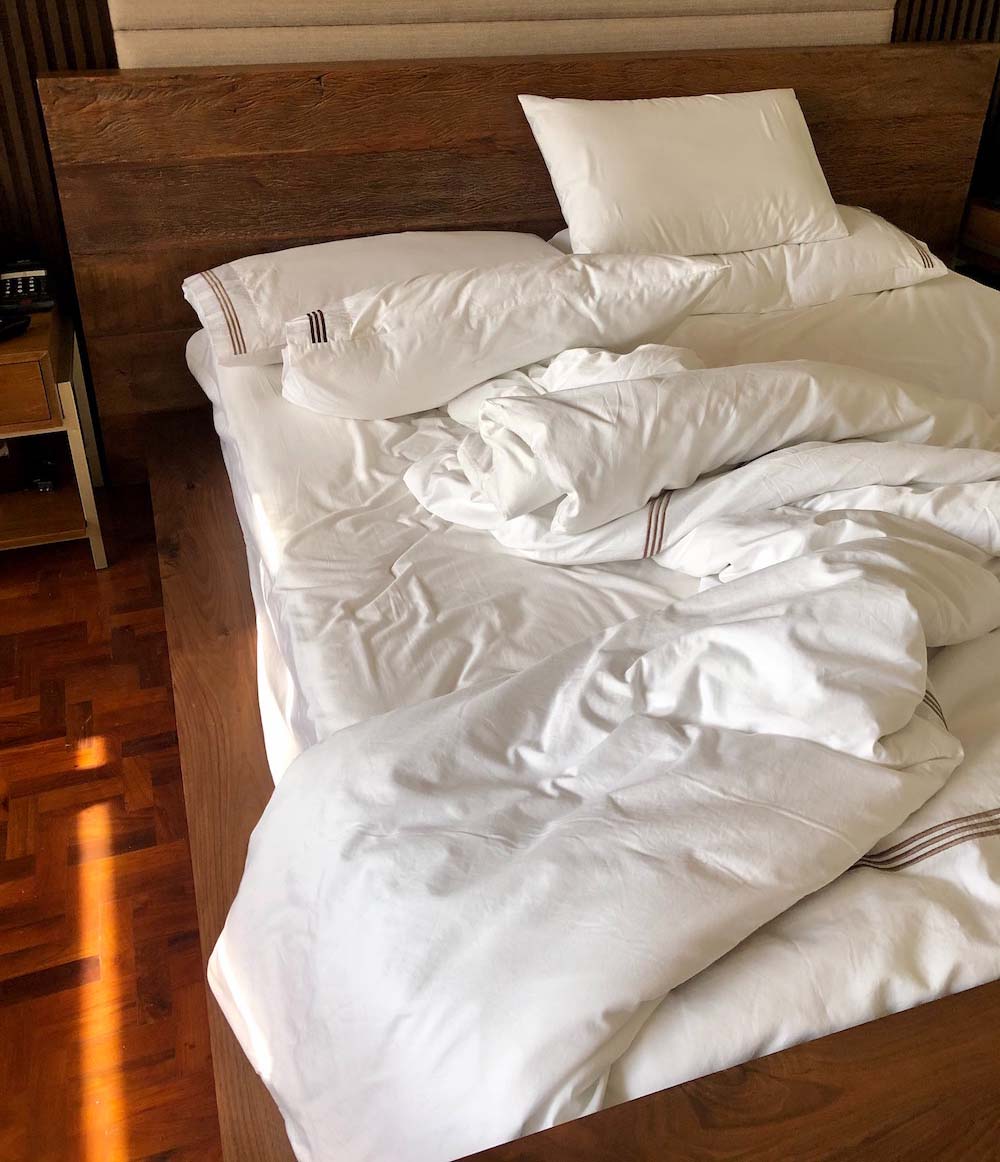We are, by now, all aware of the effect that plastic has on the environment. Predominantly, the oceans and all the wildlife living in and around them. According to marine conservation charity Surfers Against Sewage, there is approximately 51 trillion microscopic pieces of plastic in the seas. A plastic bottle can last for 450 years, fragmenting into smaller and smaller pieces, that don’t ever actually go away. Many of us have been taking steps over the years to reduce our carbon footprints and lessen our personal impacts on the environment. But apart from picking up reusable water bottles, coffee cups and tote bags, what are some other plastic alternatives we can use to reduce that figure?
Plastic Alternatives
-
Biodegradable Phone Cases
We use our phones every single day, and we like to protect naturally, they’re rather expensive. Switch to a biodegradable or compostable phone case that still keeps your device protected. Made from plant-based bioplastics, bamboo straw and even coffee beans, there is a stylish and eco-friendly option for everyone that won’t last longer than your contract. Check out Wild Case and Pela Case to make the change.
-
Reusable Food Wraps
Cling film is a household essential. For keeping things fresh and preserving leftovers, it’s a highly useful tool. But it is, sadly, plastic. Try out reusable food wraps made of beeswax that are washable, reusable and compostable. And as a plus, there are some really cute designs out there check out Natural Wraps or Bees Wrap
-
Biodegradable Dog Bags
Even your four-legged friend can have a plastic alternative! Get rid off your plastic poo bags in exchange for some eco-friendly, biodegradable ones that are also, pleasingly, lavender scented.
-
Wrapping Paper
I recently peeled a lot of Sellotape off of some wrapping paper to recycle it, I know, very cool. Watch out for wrapping papers that are heavily decorated with glitter, shine and metallic makes. Switch to brown paper, or simpler styles that can still be dolled up with removable ribbons and bows.
-
Refillable Pens
Pens are instance, really for day to day life. Even if you work mostly on a computer, you still have pens knocking about, buried at the bottom of bags. A fountain pen is a great way to reduce the number of plastic pens you lose to the environment. Fountain pens also add some flair, but you can get refillable roller balls, just be careful with the ink!
-
Reusable Makeup Wipes
Switch out your plastic makeup wipes for alternatives ranging from cotton, bamboo, hemp, muslin and a whole host of others. Or do what your gran does and get a nice clean flannel to wash and reuse.
-
Natural Sponges
Seems simple enough right? Go for a natural sea sponge or loofah to scrub and exfoliate rather than the bright plastic options.
-
Bamboo Toothbrush
The earliest record of toothbrushes (China, 15th century) were made of bamboo, so there’s a nice historical twist in this plastic alternative. They work as well as any other manual toothbrush, so you wont be forsaking your dental hygiene here, and there are options from well-known brands to family packs.
-
Alternatives to tampons/pads
Alternatives to tampons and pads have been circulating the market for a while now. From longer lasting silicone cups, natural materials and absorbent pants, there really is a whole load of eco-friendly variety out there to suit your body, your lifestyle, and most importantly, your flow.
-
Solid soaps
Those of us familiar with Lush may have seen solid soaps around for some time, and of course bars of soap have been a household staple for decades. There are lots of companies offering soaps, face wash, shampoos and conditioners to suit every budget, skin need, hair type and fragrance choice.
Learn more:
Check out some leading charities in plastic reduction and ocean conservation to make an impact and make a change!





